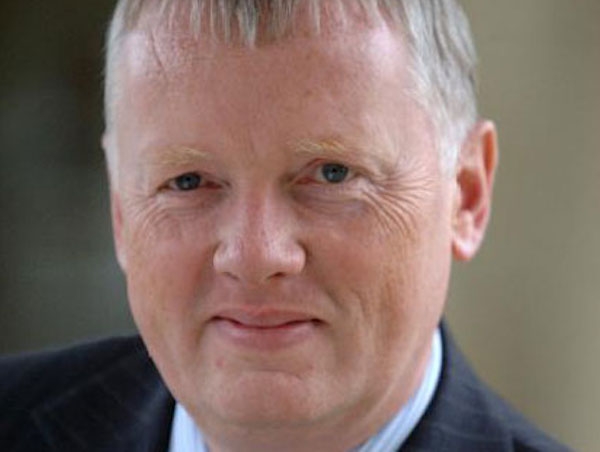Only one in ten UK savers would consult an adviser when making important decisions about converting retirement savings into an income, according to a new report.
With the traditional annuity approach offering historically low levels of guaranteed income, the preference of retirees is for drawdown, which means taking on a wide range of investment decisions. However, many are doing so without financial advice, which is worsened further by low levels of financial understanding, according to Aegon’s global retirement study.
Annuities were much less popular amongst UK savers in comparison to their European counterparts. In the UK only 28% of workers said want to convert their savings into an annuity. In the Netherlands 47% said they prefer this route, in comparison to 44% in Germany and 42% in Spain.
The report from Aegon said that this puts pensions savers in the UK at higher risk of poor retirement outcomes.
Those close to retirement (in the 60-69 age group) fared better in terms of financial literacy than their younger counterparts. However, under half (43%) were able to answer all questions posed by the survey correctly.
Steven Cameron, pensions director at Aegon, said: “The Covid pandemic has been financially challenging for many, with particularly significant issues for those approaching or in retirement. Many face the choice between an annuity where rates, which follow interest rates, are at an all-time low, or remaining invested and drawing an income when market volatility has been particularly high. Making and updating decisions about the level of income to take and reviewing drawdown investments are key to prevent running out of money.
“People often assume that taking a DIY approach and managing financial decisions themselves will be fine, but the findings of our financial literacy test suggests there are huge risks in taking complex decisions alone. While advice has to be paid for, the cost of not taking it ahead of some of life’s greatest financial decisions could be far higher.”
Research was carried out with 14,400 workers and 1,600 retired people across 15 countries: Australia, Brazil, Canada, China, France, Germany, Hungary, India, Japan, the Netherlands, Poland, Spain, Turkey, the United Kingdom, and the United States. The survey was conducted online between January 28 and February 24, 2020.

